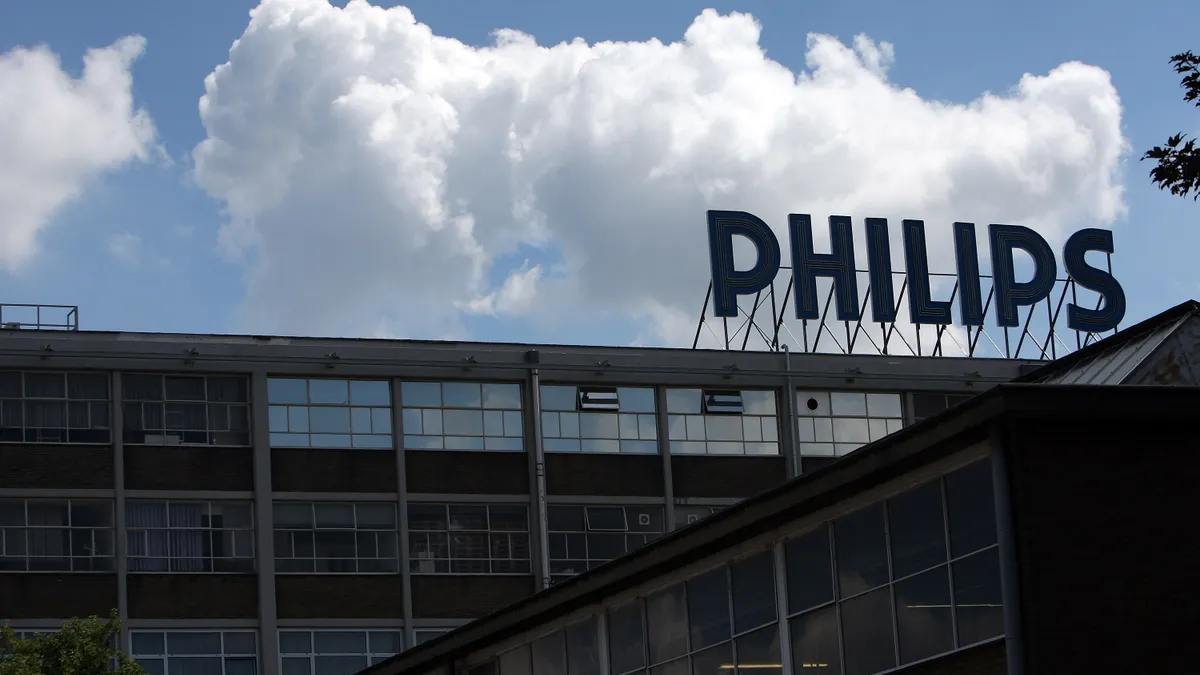Q4 Insights:
Philips, which has been dogged by a recall of 5.5 million sleep apnea ventilators, plans to lay off an additional 6,000 staff as the company seeks to cut costs after posting a net loss in the fourth quarter.
The Amsterdam-based company, which said in October it would eliminate 4,000 positions, said half of the latest set of layoffs are scheduled for this year and the remainder will be cut by 2025, CEO Roy Jakobs said on an earnings conference call on Monday.
“We have to take firm actions, make changes and improve performance urgently. We have to regroup. We have built leading positions in the majority of [our] segments. But the reality is, we have not taken advantage of these strengths. Why? Because we have not executed well,” Jakobs said. “Today, we face multiple challenges as a result. We have to deal with the Respironics recall, we have not lived up to our customers’ and your expectations in recent years. So we must change and we must change now.”
The restructuring is intended to create a more focused Philips, said Jakobs, who succeeded Frans van Houten as CEO in October. Philips has been spreading its resources “too thinly, over too wide of a portfolio,” and Jakobs added that the company will “have to make choices” about the markets it targets and “can't and won't be selling everything everywhere anymore.”
Philips will prioritize its image-guided therapy, monitoring, ultrasound and personal health businesses, plus an enterprise informatics unit that it plans to create to “integrate vendor agnostic data from various imaging modalities and monitoring devices.”
Cutting costs
The layoffs form part of a plan that is designed to deliver savings of €2 billion ($2.2 billion) from 2023 to 2025. The reduction of 10,000 roles, coupled with R&D prioritization and other operating model changes, account for around half of the savings. Philips is looking to procurement actions, such as warehousing reductions, and other productivity initiatives to generate the other €1 billion in savings. Acquisitions will be limited to a few bolt-on purchases, the company said.
Respironics looks set to bear the brunt of the changes with Philips noting the need to “right size” the costs of its sleep and respiratory care after a period in which it has lost market share to ResMed.
Even so, Philips reaffirmed its commitment to the business. Jakobs said he wants to restore Respironics’ position in the sleep and respiratory market and is targeting a 10% compound sales growth rate through 2025.
“Sleep apnea, as a disease, is something that needs to be treated, is still growing in size, patients still are in need for more treatment. And ... we are still the second player. So actually we see a role for us,” the CEO said.
Component supply recovers
Last quarter, Philips said component supply improvements enabled the company to achieve 3% comparable sales growth, although supply chain conditions remain “challenging.”
Improved component supplies drove high-single-digit growth in ultrasound and image-guided therapy, resulting in 5% comparable sales growth at the diagnosis and treatment business. Order intake fell 7% after Philips canceled some orders with lower margins in order to improve its margin profile, Jakobs said.
While connected care also grew 5% it again posted a loss from operations. In the quarter, the unit recorded €201 million in restructuring, acquisition-related and other charges, mostly related to the Respironics field action provision, remediation costs and restructuring.
Forecast: Philips is predicting low-single-digit comparable sales growth this year. Management expects to make “a slow start” to 2023 amid reduced consumer spending and then see improvements throughout the year as productivity and pricing actions take effect. The forecast excludes the impact of the proposed Respironics consent decree, beyond the assumed 10% growth for 2023 to 2025, and ongoing litigation.
Shares in Philips rose 6%, or €0.89, to €16.46 in morning trading in Amsterdam.













